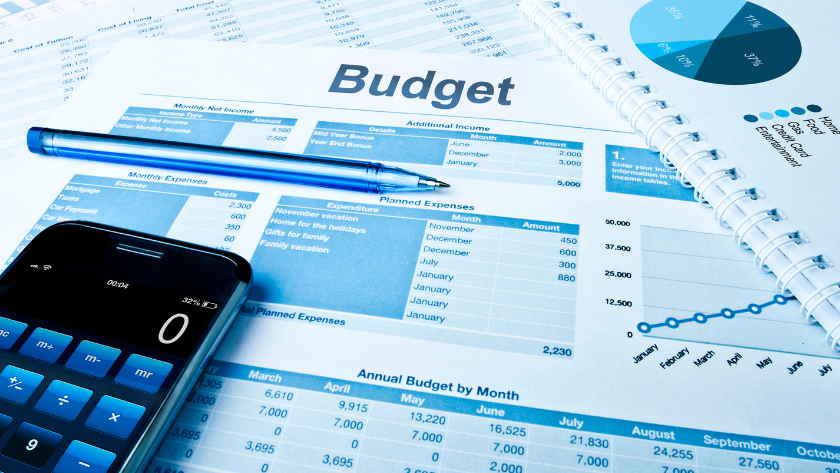In today’s fast-paced world, managing finances can often be a challenging task. Everyone wants to save money, but sometimes it seems impossible when the cost of living is continually rising. However, with a few simple strategies and changes in your spending habits, you can significantly cut down on your monthly expenses.
- Create a Budget
- Reduce Dining Out
- Cut Down on Subscription Services
- Shop Smarter
- Cook at Home
- Avoid Late Fees
Create a Budget
The first step to cutting down on your monthly expenses is to create a budget. Unsurprisingly, the same people who make a budgeting app are advising you to create a budget. We get it, but we believe it’s an essential tool for controlling your finances, as it gives you a clear overall picture of where your money is going. It helps you identify unnecessary expenses and adjust your spending habits accordingly. Start by listing all your income and expenses, then compare them. This comparison will help you understand what you’re spending too much on. If your expenses exceed your income, it’s time to make some changes.
Reduce Dining Out
One significant expense that people often overlook is the cost of dining out. While it offers a delightful break from cooking and a chance to socialize, it can quickly drain a large part of your monthly budget if not managed well. The solution isn’t necessarily to completely stop dining out, as it may feel overly restrictive. A more balanced approach is to gradually reduce the frequency of your restaurant visits. This method allows you to adjust your habits and expectations over time, making it more likely that you’ll stick to your budget without feeling deprived.
Cut Down on Subscription Services
In the digital age, subscription services are ubiquitous. From video streaming platforms to software subscriptions, these can add up to a substantial amount if not checked regularly. Assess all your subscriptions and decide which ones are really necessary. Cancel the services that you don’t use frequently or those that don’t provide value for the money spent. This step will help you save a considerable amount over time.
Shop Smarter
Cultivating intelligent shopping habits is important. One effective approach is to look for sales and discounts, which allow us to purchase necessary items at more affordable prices. It’s also worth considering less expensive alternatives that provide the same or similar value; quality isn’t always determined by brand or price tag.
Avoid impulse buying, as it often leads to regret and unnecessary spending. Instead, make it a habit to prepare a detailed shopping list before entering a store. This practice not only clarifies what you genuinely need but also maintains focus, preventing unnecessary purchases.
A shopping list also contributes to better financial management. It helps you stay within your budget and avoid unplanned expenses.
Cook at Home
Cooking at home is not just a more cost-effective alternative to eating out; it also provides a healthier option for your meals. One predominant advantage of home cooking is that it allows you to have complete control over the ingredients you use. This means you can make the necessary adjustments to ensure that your meals suit your dietary requirements. You can avoid preservatives, use healthier cooking methods, and control the amount of salt or sugar in your meals.
Avoid Late Fees
Remembering to pay your bills on time is important to avoid unnecessary late fees. These fees can accumulate quickly and create a significant, yet avoidable, financial burden. Missing a payment is essentially wasting your hard-earned money. Consider setting a reminder on your phone or calendar to help you remember. Better yet, many service providers offer automatic payment options to ensure you never miss a payment.
Cutting down on monthly expenses doesn’t mean depriving yourself of the things you love. It’s about making smart decisions and being aware of where your money is going. Remember, every small saving contributes to your overall financial health and future financial goals. With these tips, you’ll be well on your way to a more financially secure future.





